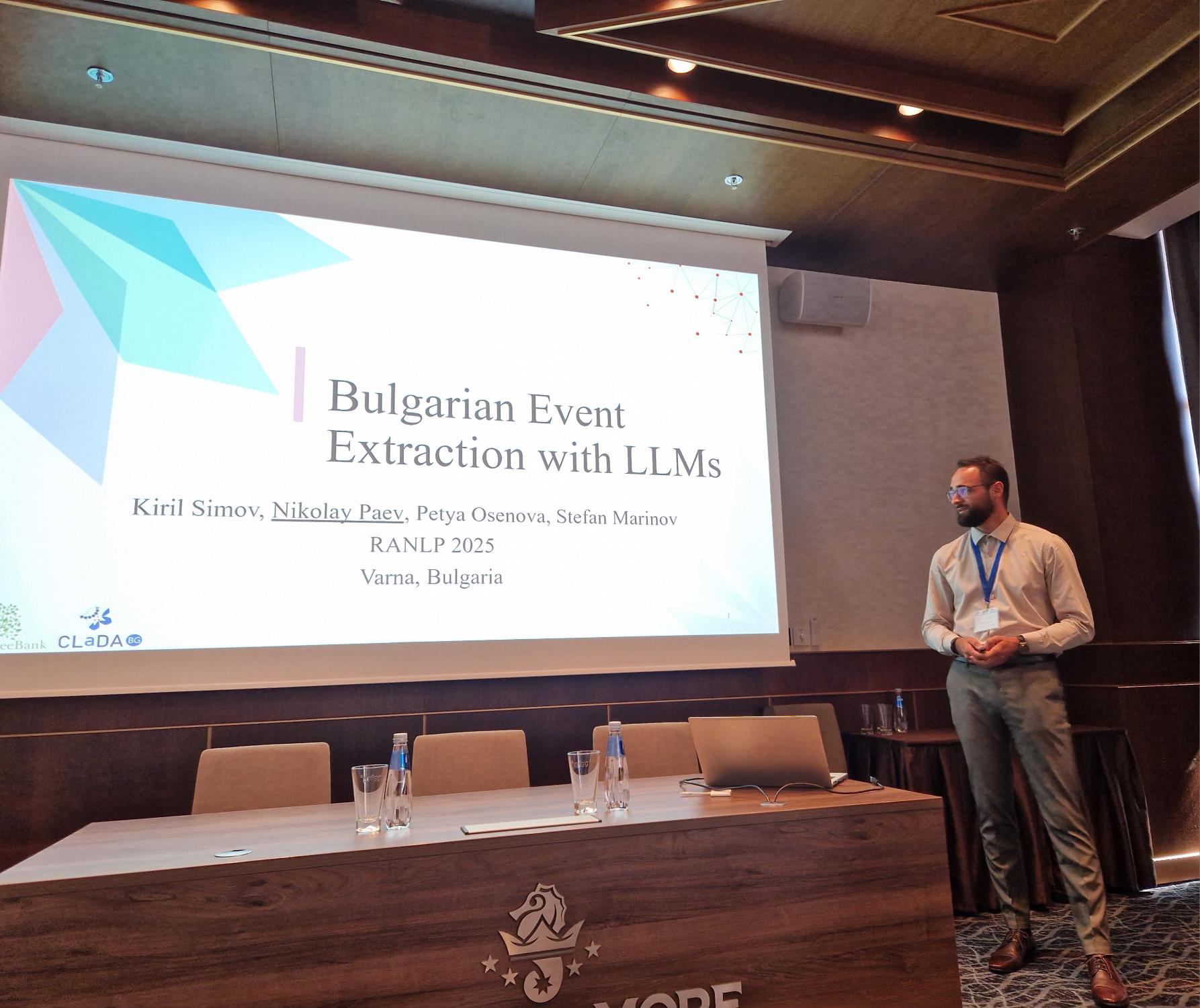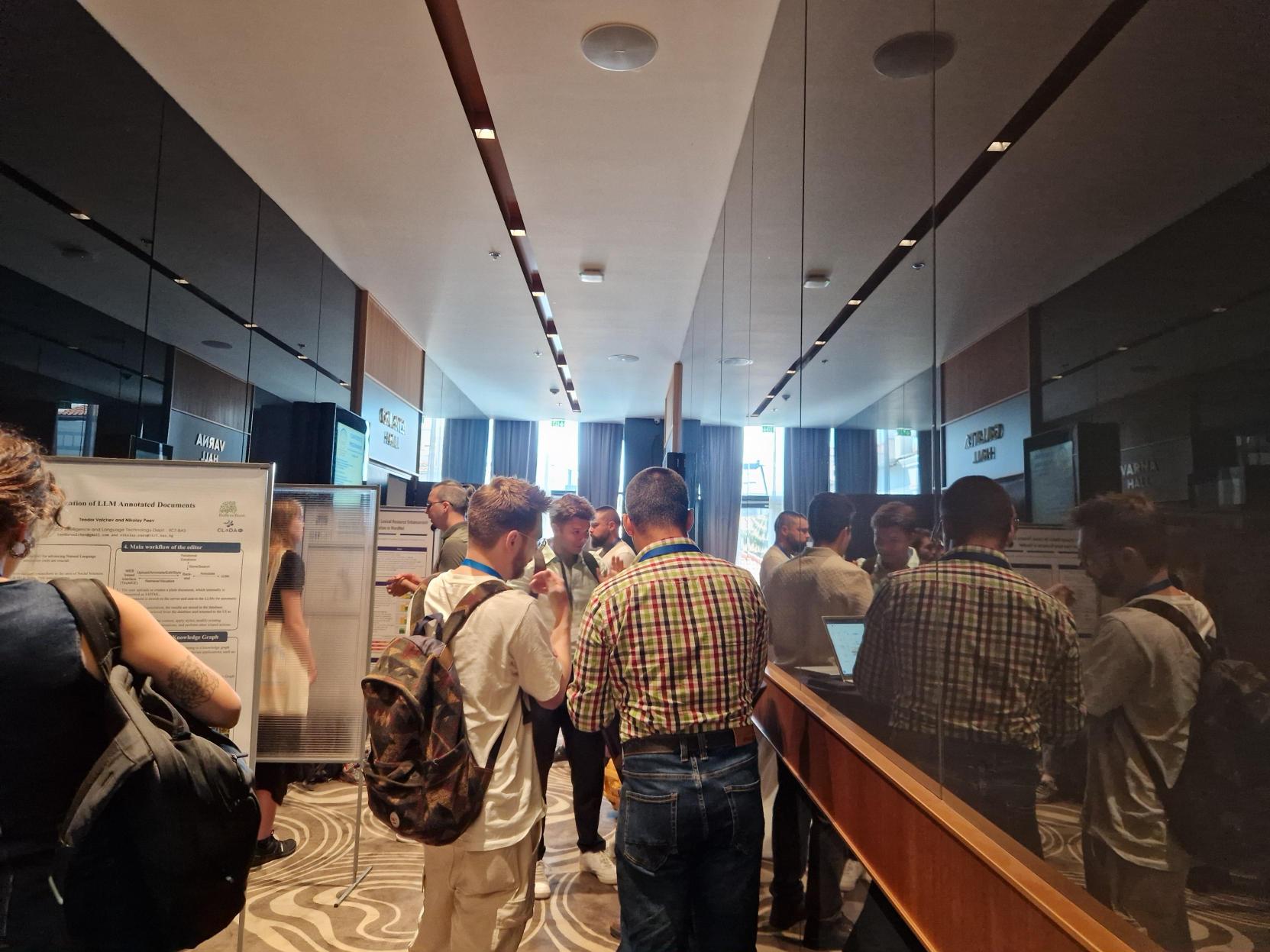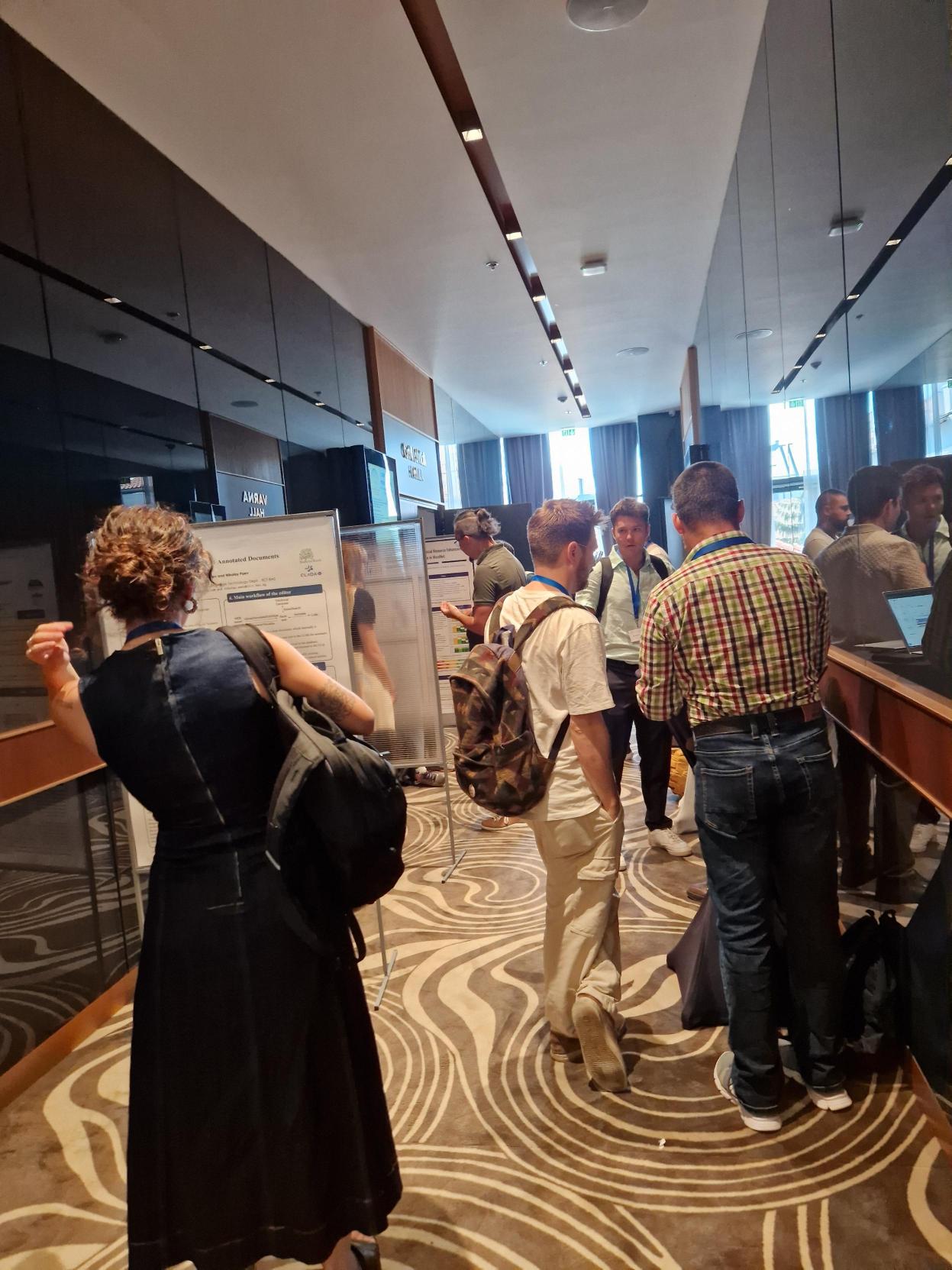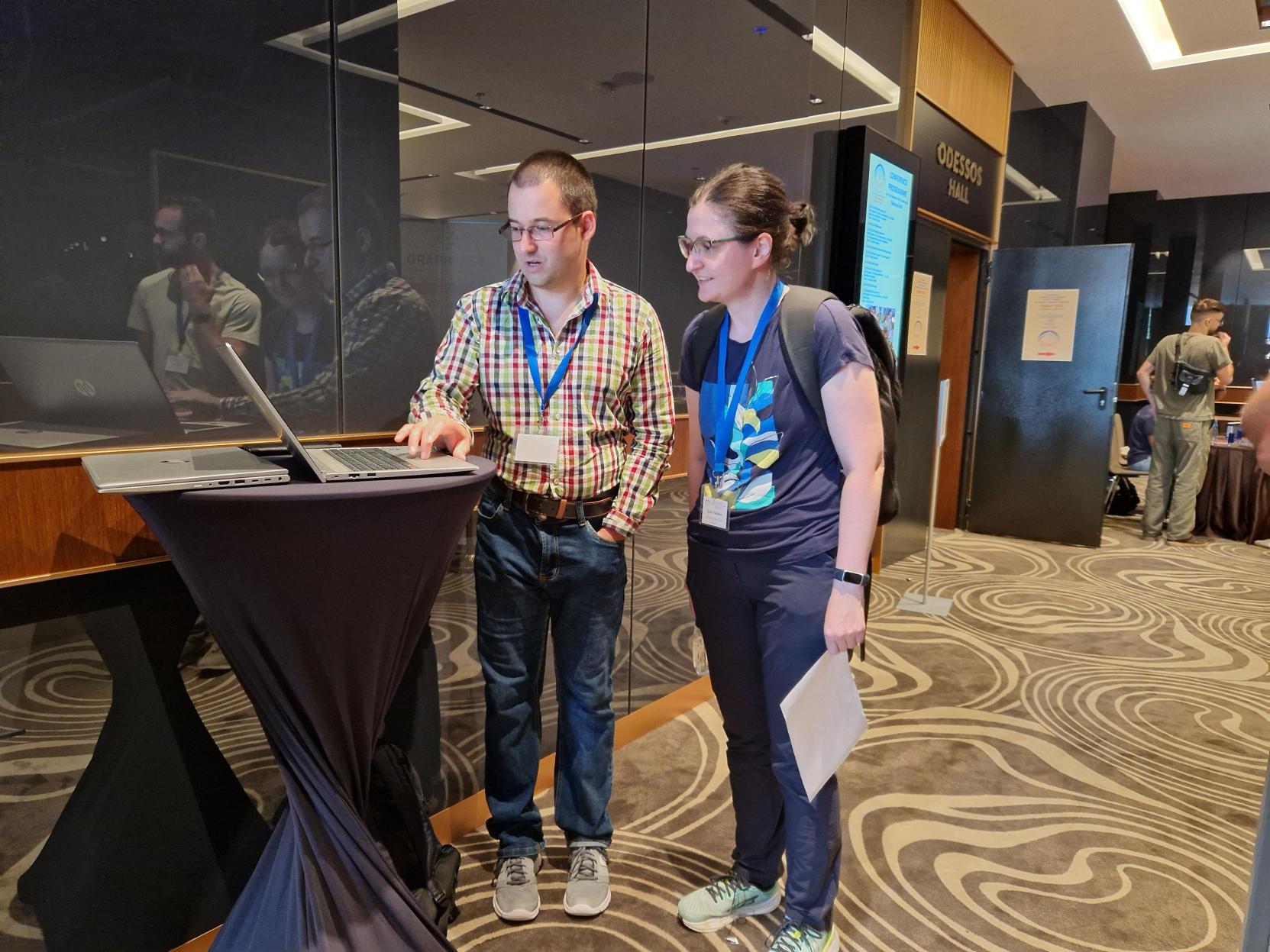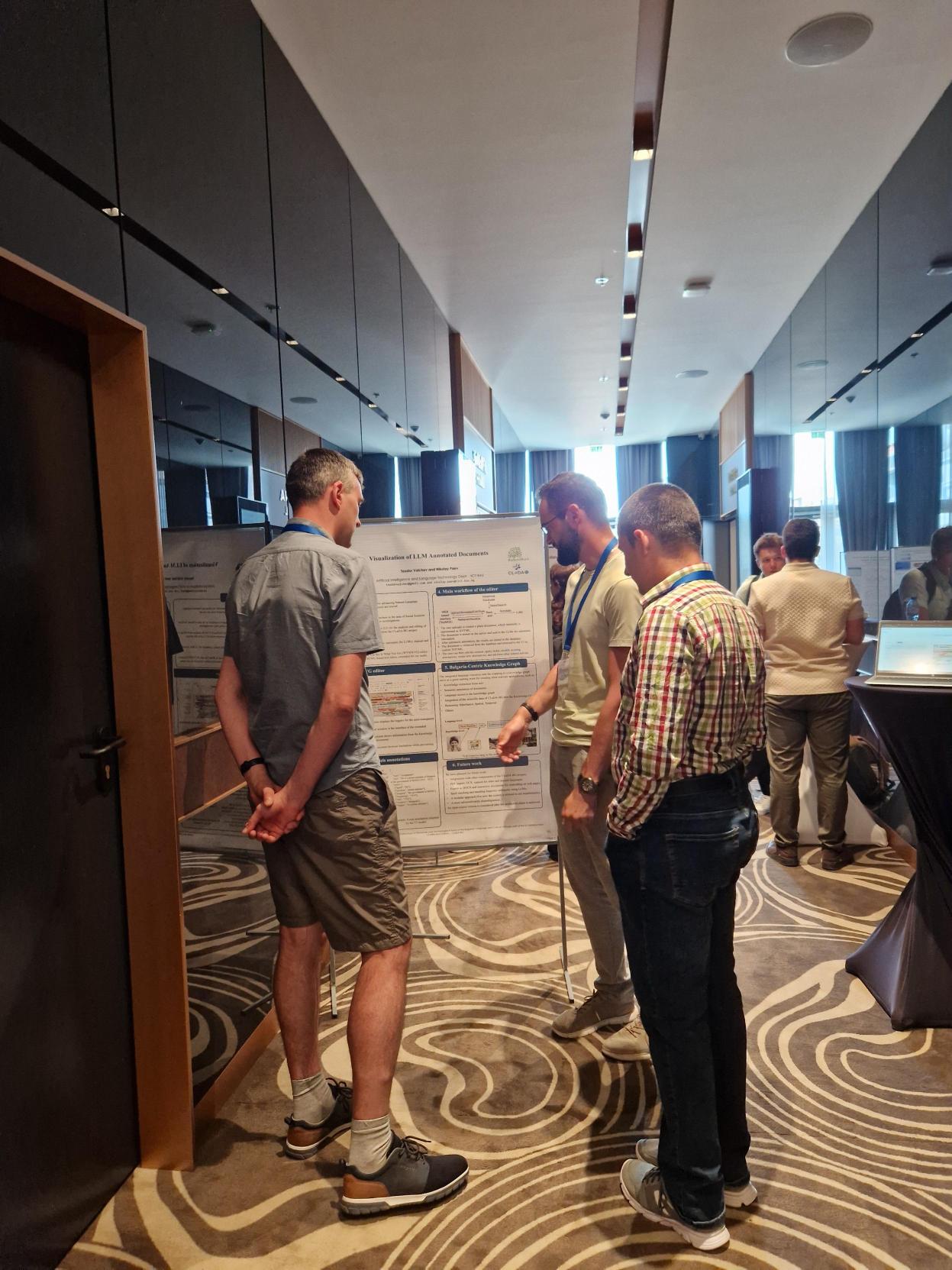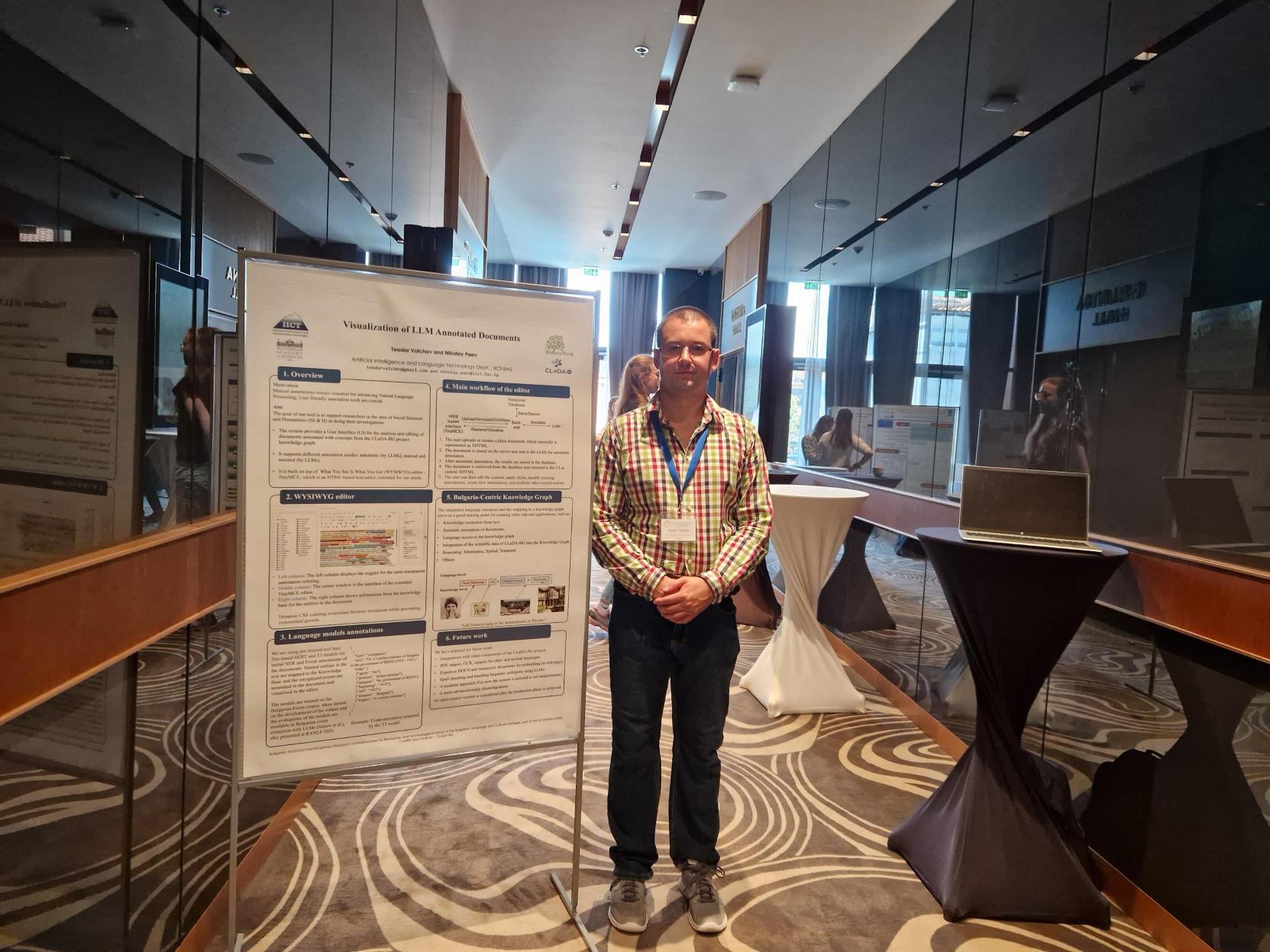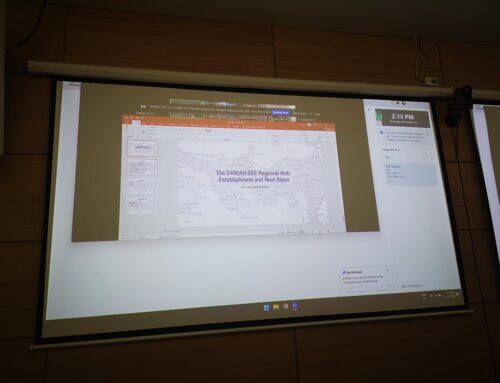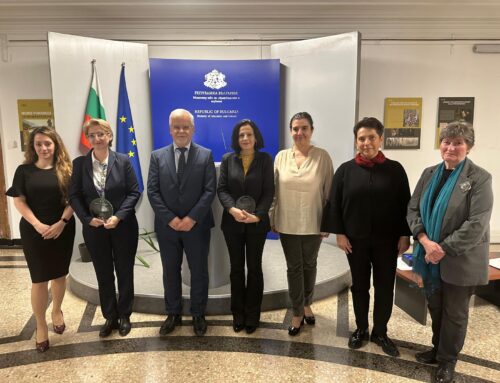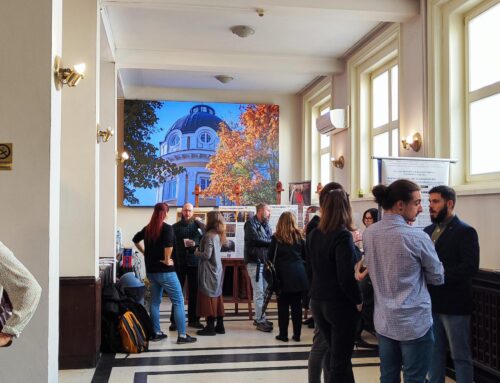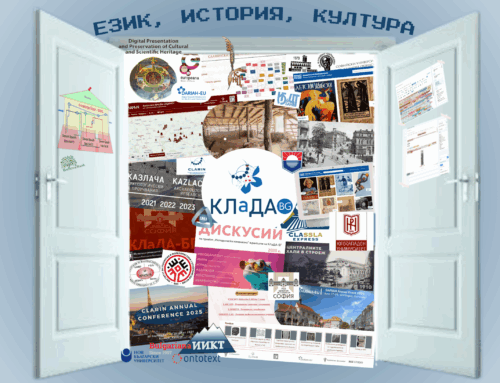The 15th international conference RANLP-2025 (Recent Advances in Natural Language Processing) was held in Varna from September 8 to September 10. It is part of the RANLP series of scientific events, which are always held in Bulgaria in September in odd-numbered years and are the most prestigious events in computational linguistics in Eastern Europe. They are organized on the initiative of Prof. Ruslan Mitkov from Lancaster University, United Kingdom, who is the chair of the Program Committee. Since 2001, the Bulgarian co-organizer has been the Artificial Intelligence and Language Technologies Section of the Institute of Information and Communication Technologies at the Bulgarian Academy of Sciences, with Prof. Galya Angelova as chair of the Organizing Committee.
In 2025, on September 8-10, four presentations by invited speakers and 170 papers were presented in four parallel sessions. RANLP-2025 included a student research workshop for PhD students and was accompanied by a summer school (with award-winning Bulgarian participants from a competition) and tutorial session on September 3-7, as well as 8 workshops on specialized topics organized on September 11-13. Over 250 scientists participated in the forum.
On the second day of the conference, Nikolay Paev gave a presentation on Event Extraction for Bulgarian with LLMs. The article was co-authored by Petya Osenova, Kiril Simov, and Stefan Marinov. You can find it in the conference program, along with other papers presented at the event. here, .
During the student workshop held as part of the conference, our colleagues Teodor Valchev and Nikolay Paev presented an interactive editor they are developing which is successor to previous developments at IICT-BAS. The system is designed to create documents, annotate text data, and support visual design, while also providing access to a knowledge base with built-in artificial intelligence developed by our team.
In addition to discussions at the poster session, a live demonstration of the system’s beta version showcased its architecture, technologies, and programming languages to interested participants. Our colleagues engaged in discussions with other developers of similar software, which continued after the official session ended. You can read their article, presented at the poster session, here.



